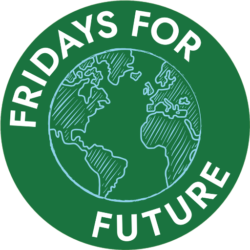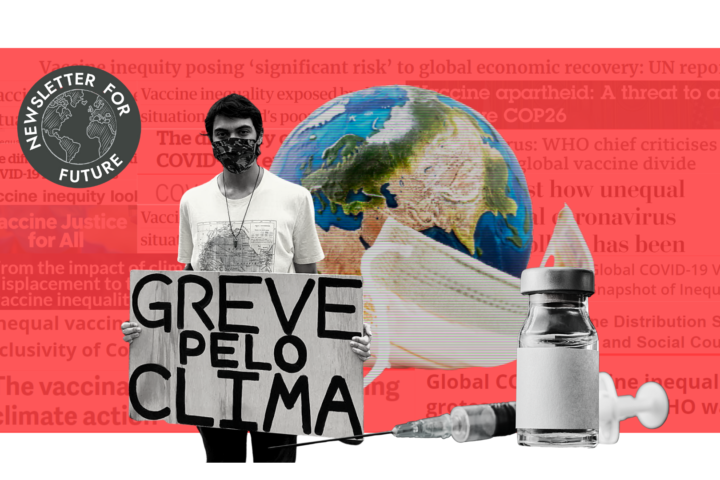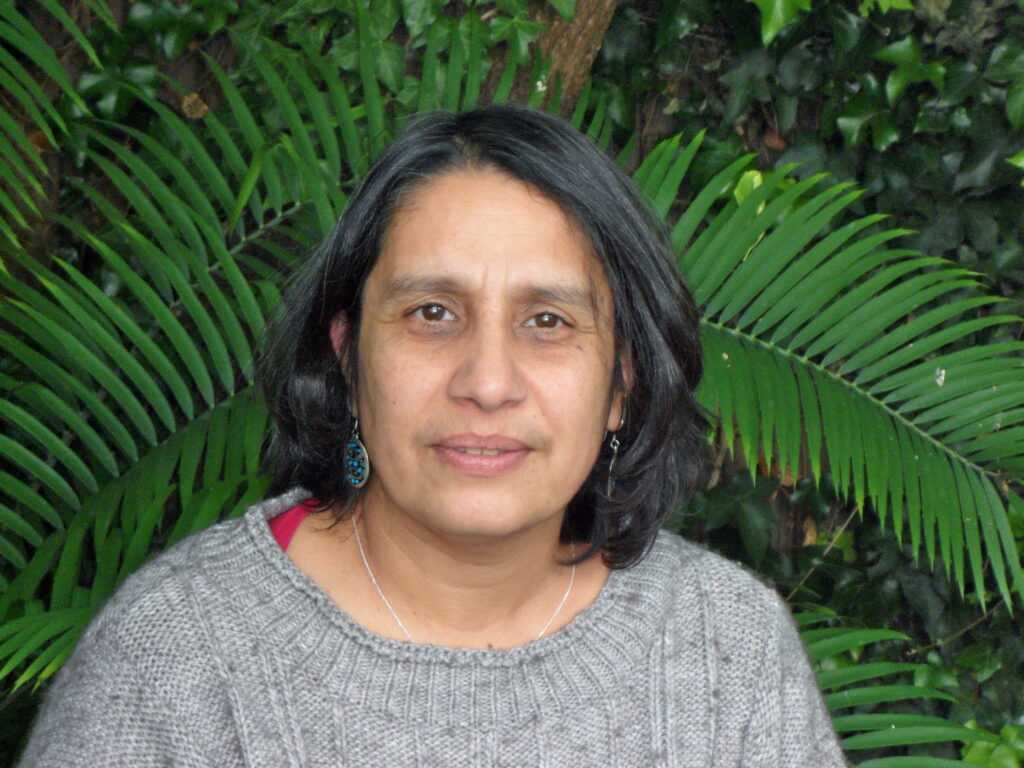Last March 19 marked this year’s first Global Climate Strike. Climate activists around the world protested in various ways, and many Fridays for Future (FFF) chapters were back marching on the streets of their cities like before — albeit with face masks and social distancing measures. This was not the case, however, for many other FFF activists. In São Paulo, Brazil, after a lot of initial planning for a physical protest action in line with the Global Climate Strike, local activists ultimately decided it was impossible to push through.
“São Paulo, my state, accounts for one-fifth of the new cases and one-fourth of the deaths in the country,” said João Duccini, a climate activist from the area. “So it’s really hard to think about going outside.”
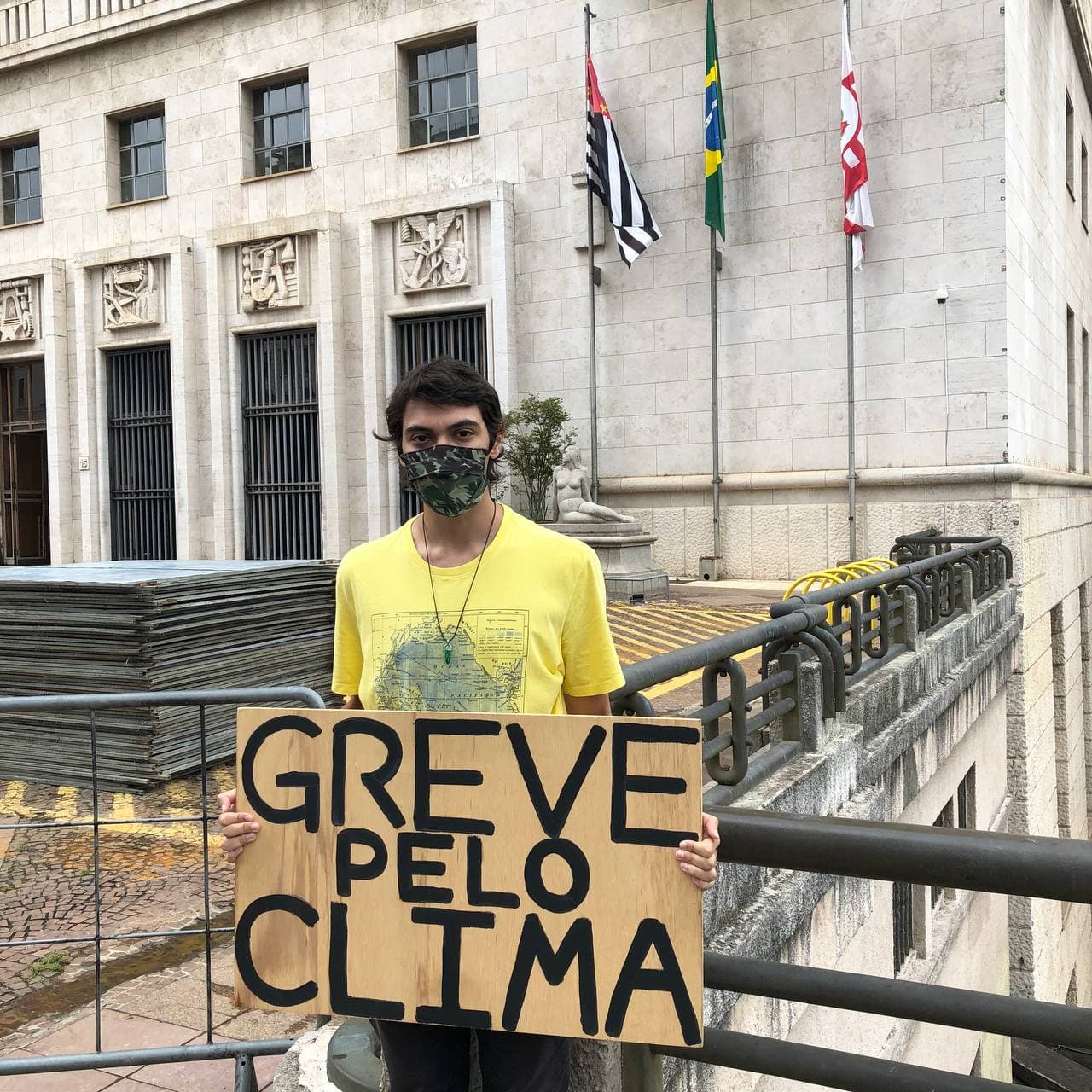
January 2020 saw the first signs of a global pandemic, and the world went into lockdown soon after. With exponentially rising numbers of new COVID-19 cases across the globe, governments, health workers, and civil society all sprang into action in an attempt to keep the pandemic under control, with some countries more successful in doing so than others. Scientists and health professionals of every nationality rushed to find a solution to the crisis.
Fast-forward to the present day. Several vaccines are now being produced, and some countries are boasting about vaccination rates like never before. While some places in the world are on the right track, this worldwide problem is still far from solved, especially in the Global South. This should come as no surprise; out of the 700 million vaccine doses that have been administered globally as of early April 2021, 87% went to high or upper-middle income countries. Low- and lower-middle income countries — which make up roughly half of the world’s population — account for the remaining 13%.
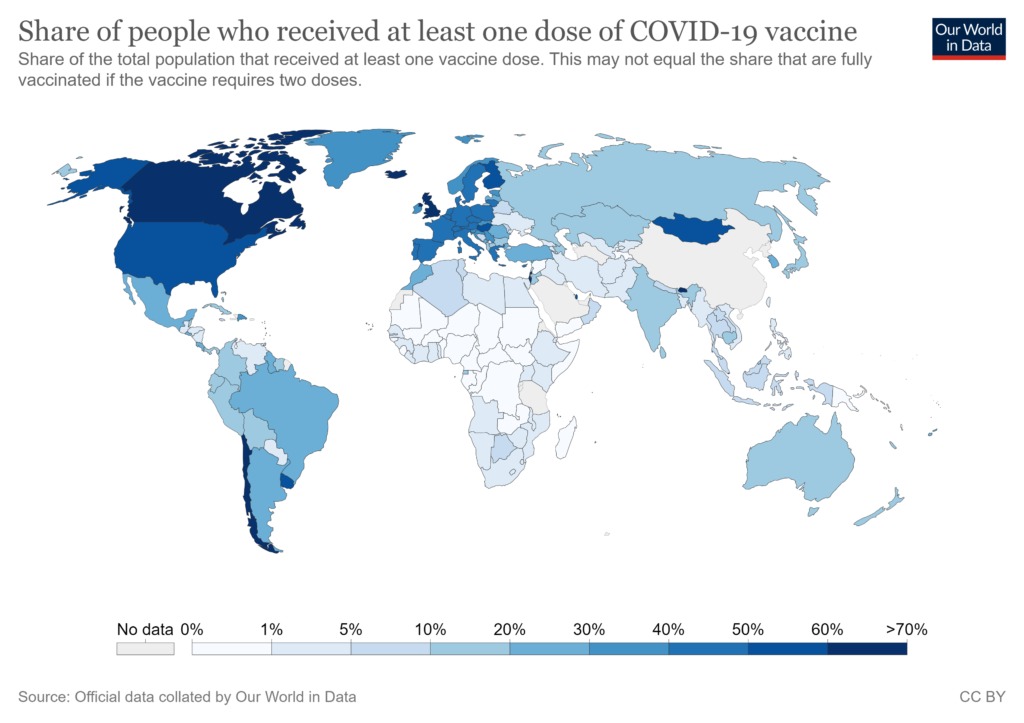
“The status quo of vaccines worldwide shows massive inequality”, said Dr. Josh San Pedro from the Coalition of People’s Right to Health, a health advocacy group based in the Philippines. “Countries in South America, Africa, Asia, and the Pacific will have to fight over the remaining vaccines, and achieving herd immunity will be dependent on either a country’s ability to purchase doses, or manufacture its own.”
Other issues include wealthier countries securing vaccine doses several times the number needed to vaccinate their entire population, as well as patents preventing many countries from producing the vaccines with their own facilities. Despite the World Health Organization’s support for the suspension of intellectual property laws for COVID-19 vaccines, some countries and companies are fighting to keep those laws in place.
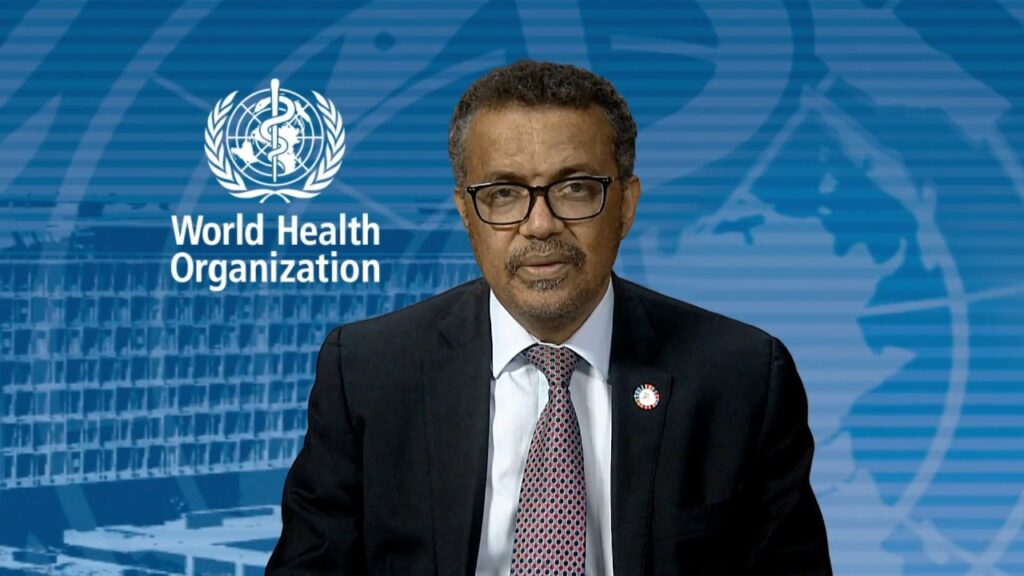
“During such a major public health crisis such as this pandemic, enforcing patent laws can lead to higher costs and inequitable distribution,” added San Pedro. “Under these laws, new vaccines hold copyright and patent protection for twenty years; only after that time can generic versions of the vaccine be developed.”
The immense disparity in vaccine access leaves entire communities in the Global South susceptible to the worst effects of COVID-19. Considering that these places are also heavily impacted by the Climate Crisis, it is clear that these communities are in a dire situation.
“When you map out how different crises play out on the ground, whether it is the climate crisis, the economic crisis or now the pandemic, it is often the same communities bearing the brunt of the worst impacts,” said Tasneem Essop, executive director of Climate Action Network International.
As such, activists have every reason to keep on fighting for the climate — not just to help resolve the climate crisis presently affecting the most affected communities, but also because climate change itself is recognized as a driver of zoonotic diseases — such as the virus behind COVID-19.
Climate-related factors can influence the spread of disease. Warmer temperatures can present more suitable environments for certain diseases, or change the behavior of animals that could be harboring dangerous viruses. Extreme weather events can also play a major part in the spread of disease — in the Philippines, after the strongest typhoon of 2020 slammed into the country, thousands were forced to take shelter in cramped, poorly-ventilated evacuation centers with little space for social distancing. Situations like these can very easily lead to localized COVID-19 outbreaks.
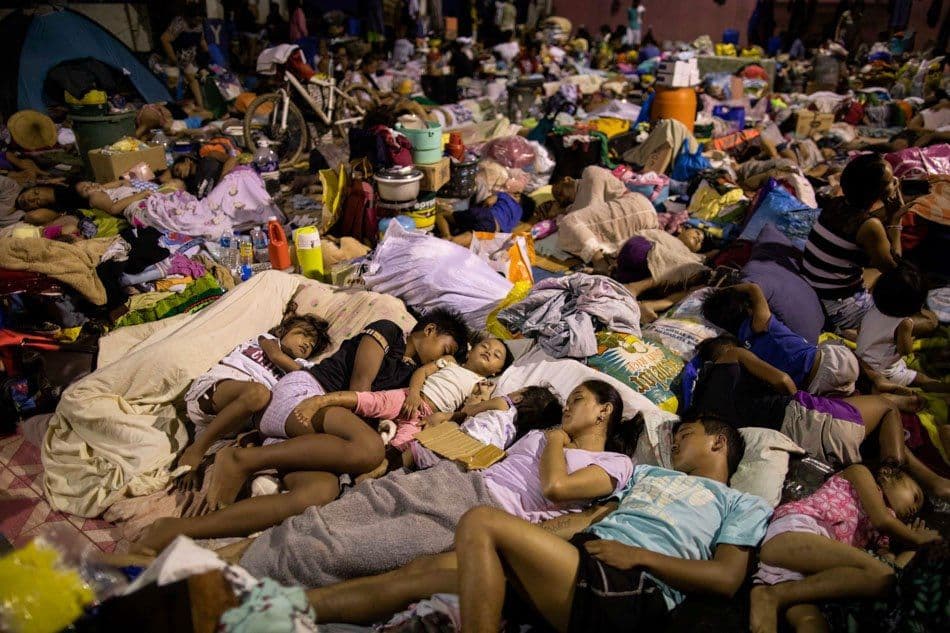
Other drivers of disease related to our fight against climate change include deforestation and habitat fragmentation. These destructive practices, aside from reducing our planet’s natural capacity to absorb carbon dioxide, potentially expose humans to new zoonotic diseases as people encroach further and further into what was previously the domain of diverse wildlife.
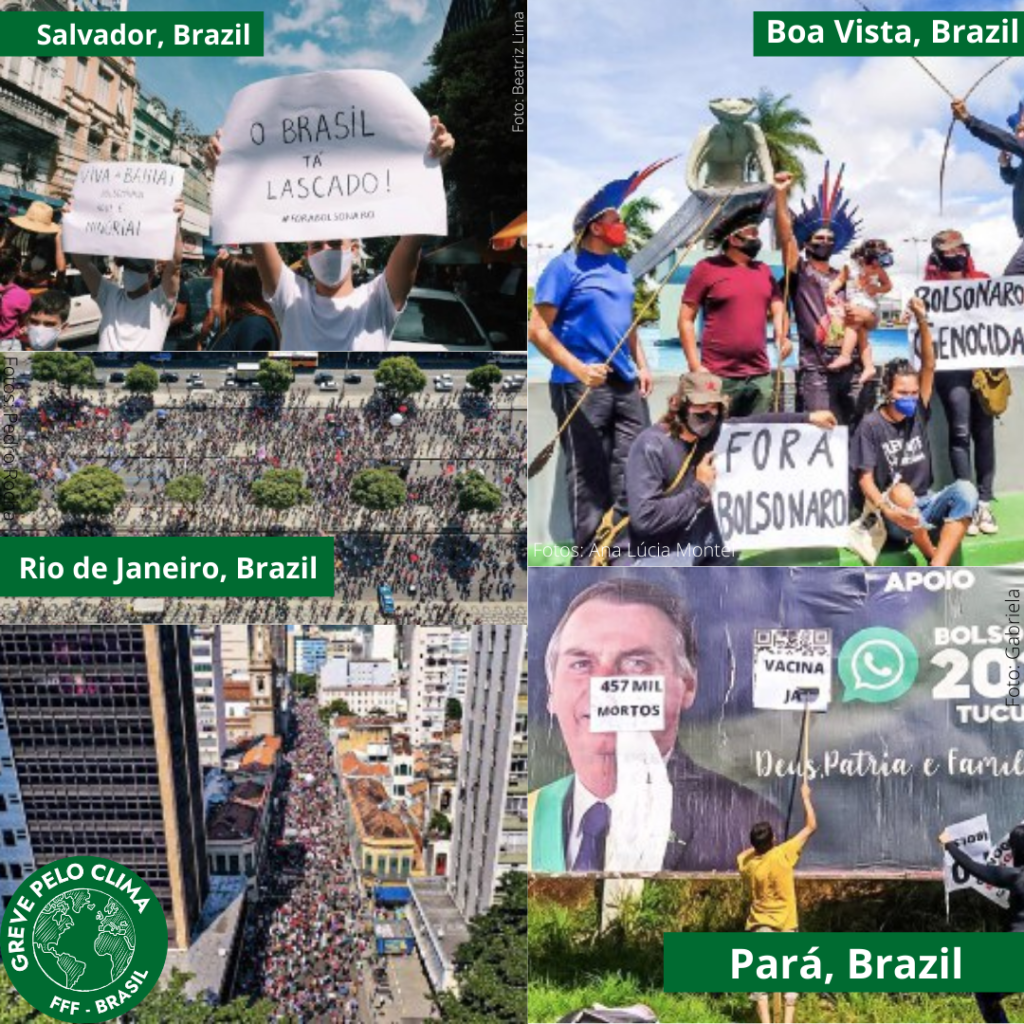
In Brazil, the pandemic, environmental destruction, and problematic governance have created a perfect storm that is devastating both people and planet. “The Brazilian government has been using the pandemic to weaken environmental laws and invade indigenous lands,” said Duccini. “They themselves have admitted that they’ve started to relax these laws since the media is focused on the virus.”
As such, the continued call to fight for our present and future in the midst of the global public health crisis has pushed climate activists to find ways to maximize online spaces. Twitter storms, online action calls, and digital events of every kind are now the norm for many FFF groups, and recent Global Days of Action have embraced and made good use of online activities, as seen in other articles in this newsletter.
Direct action such as physical protesting, however, has been more difficult to organize due to the pandemic; and again, it’s the places most affected by climate change — arguably where direct action is needed the most — that are having the hardest time getting back out into the streets. A more equitable distribution of vaccines is therefore a necessary step towards climate justice in the eyes of many.
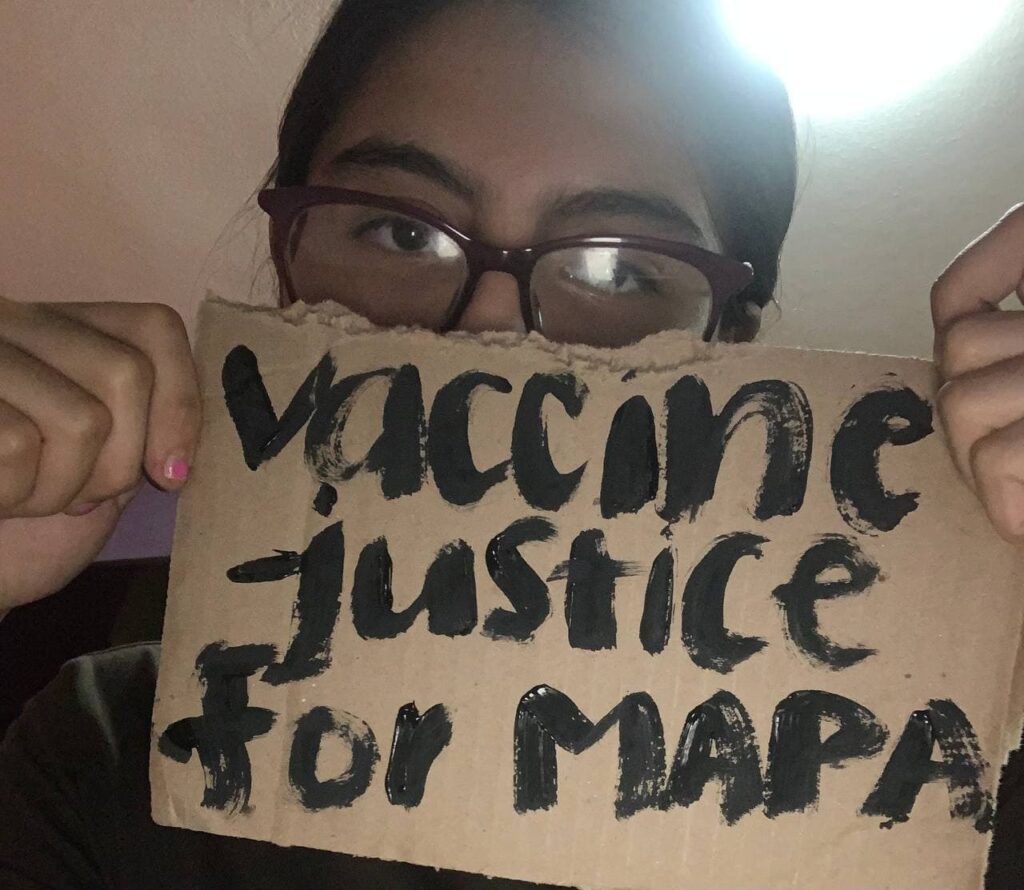
“For people from the Most Affected Peoples and Areas, the fight for climate is also the fight against the pandemic,” said Adriana Calderon, a FFF activist from Mexico. “The same unfair system causing the climate crisis is also the same system causing vaccine inequality. It’s really the same struggle, for our present and our future.”
REFERENCES
https://www.who.int/director-general/speeches/detail/director-general-s-opening-remarks-at-the-media-briefing-on-covid-19-9-april-2021
https://www.msf.org/countries-obstructing-covid-19-patent-waiver-must-allow-negotiations
